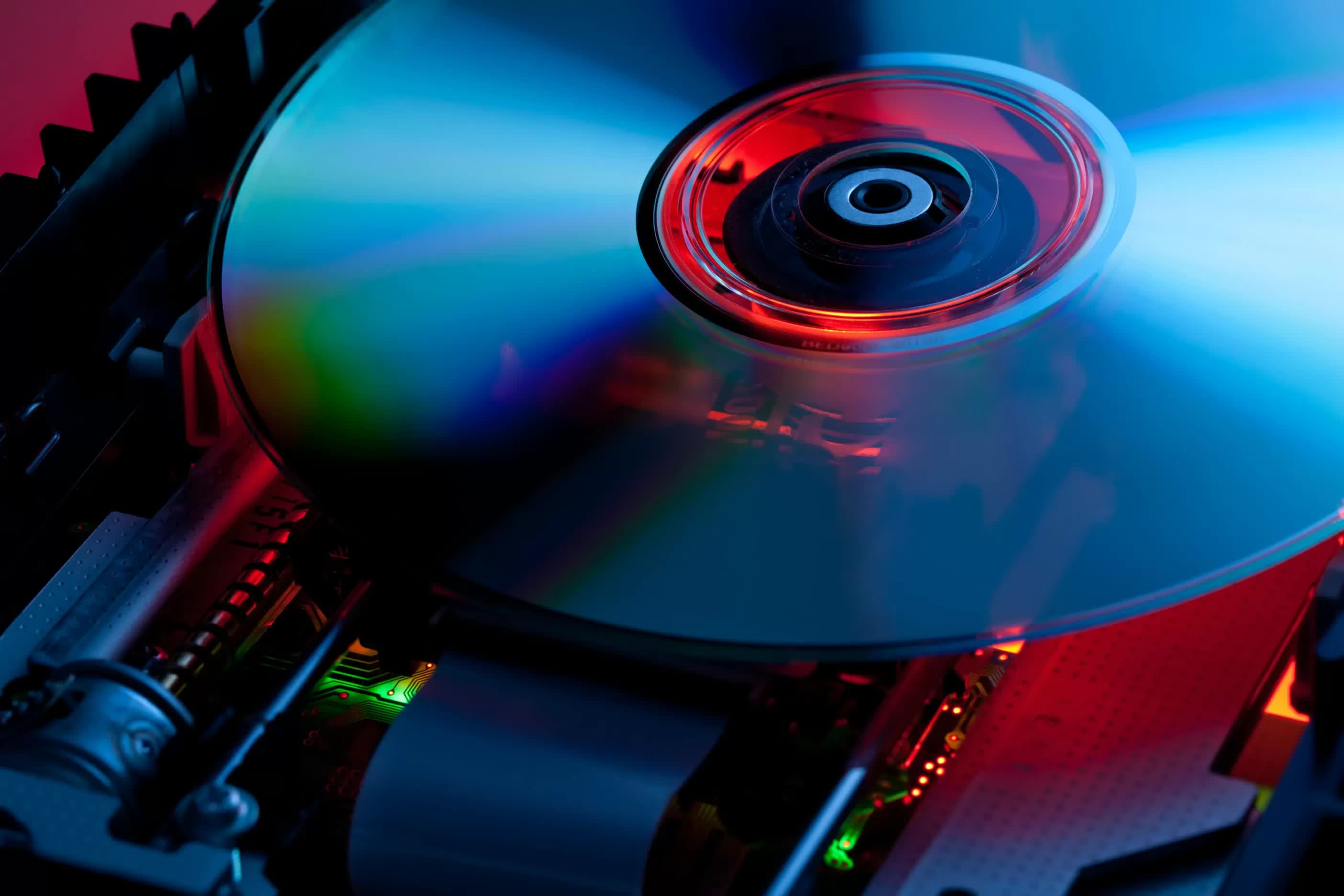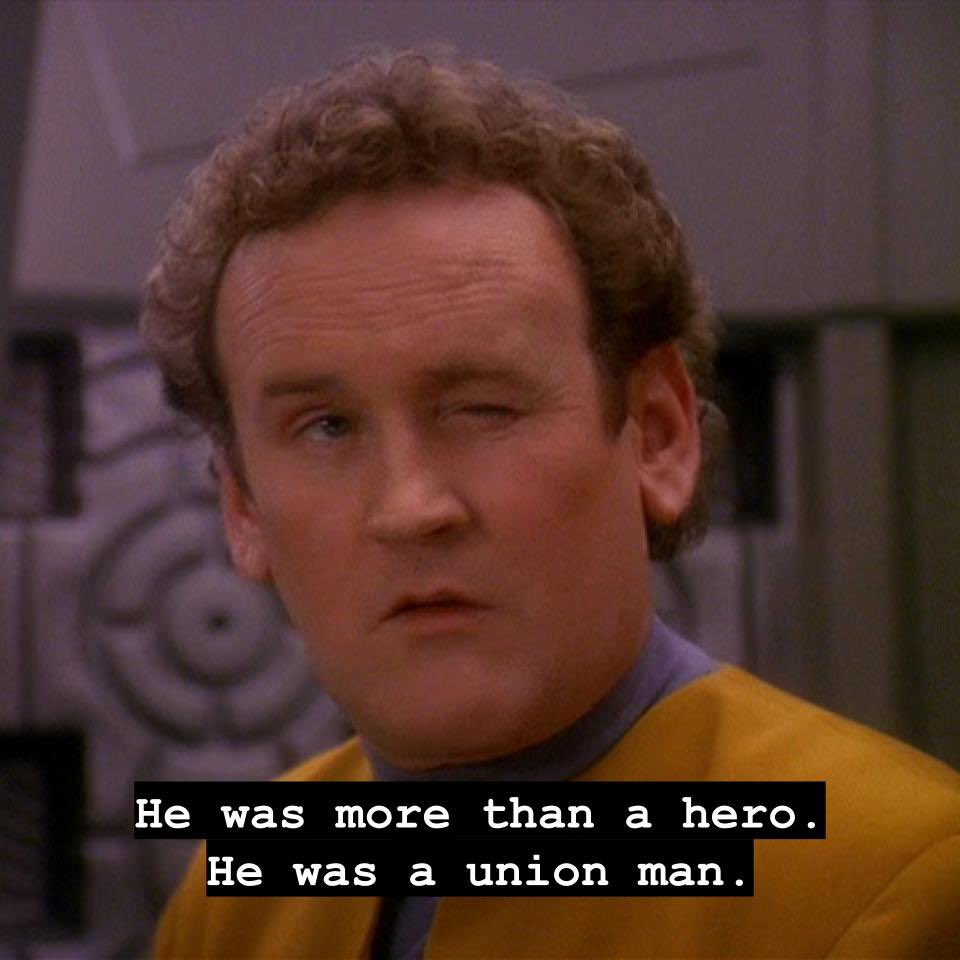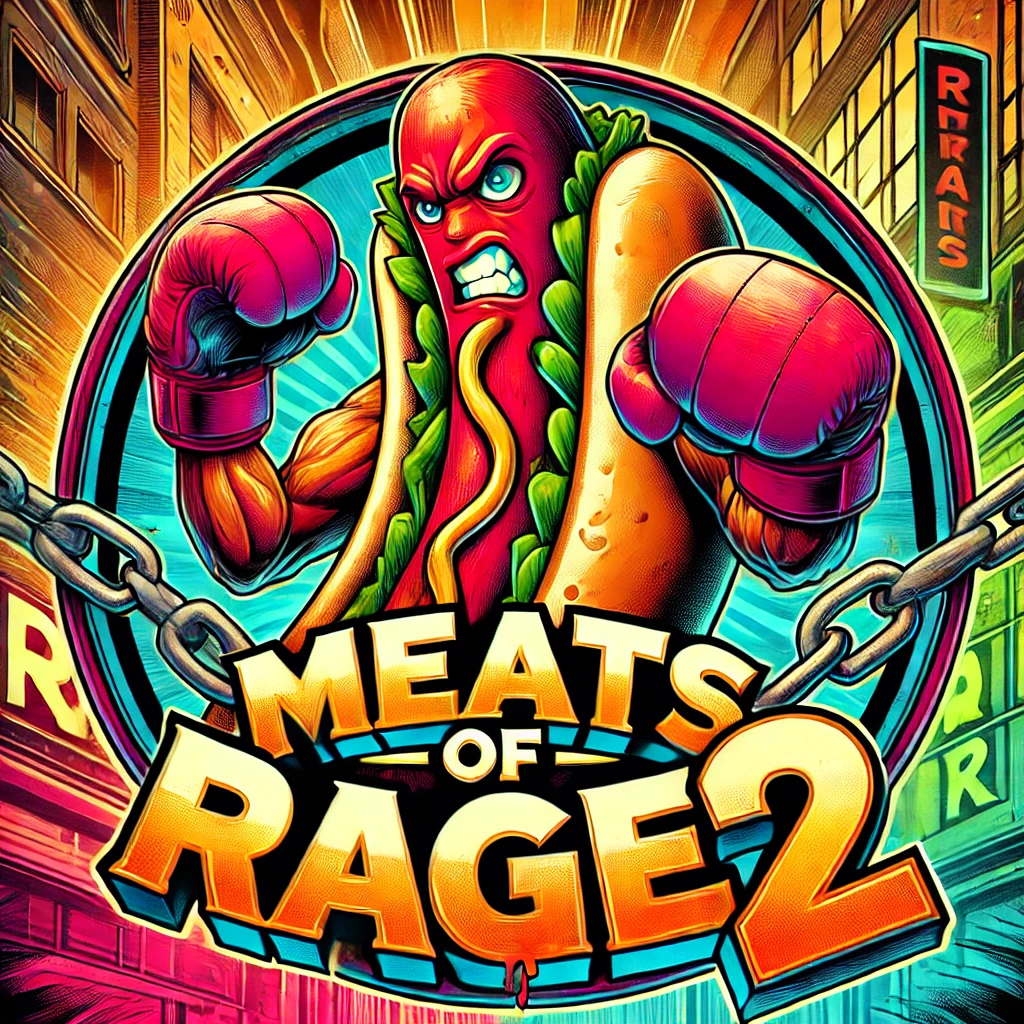At least they’re not enforcing Memory Stick on us again.
Oh well. I use memorex anyway
I use Maxell. Because I’m a cool 80s guy.
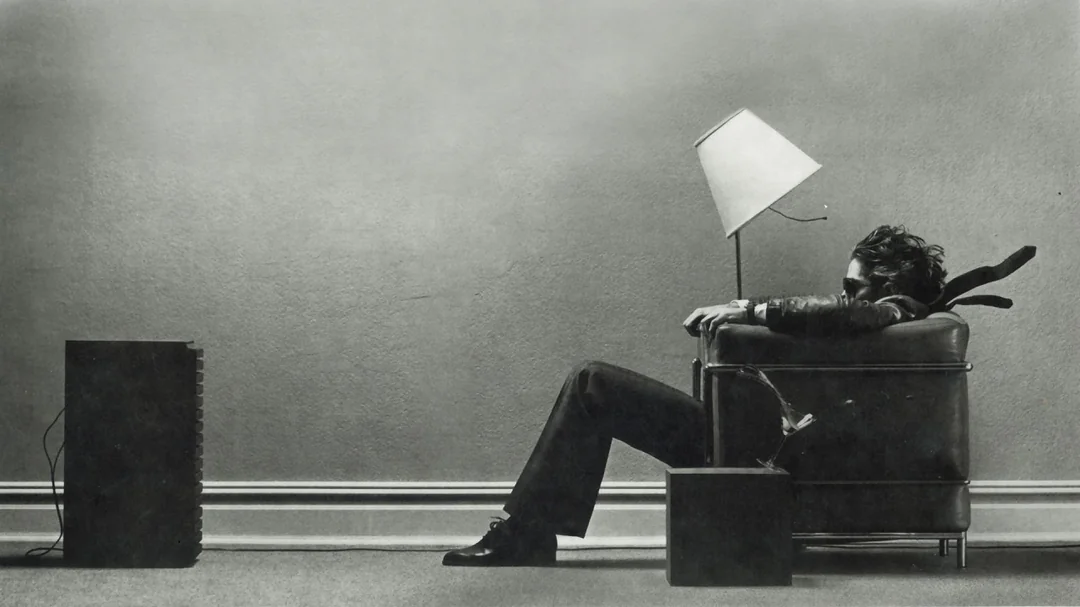
Uhm sorry to rain on your parade, but all the cool people made fun of Maxwell guys back then. Our Nakamichi ‘gons got fed TDK exclusively…
Bluray disk cost 25$ for 50gb and usb flash drive cost 5$ for 64gb
for 35€ you can get 512gb flash drive. kinda insane to think about that. maybe even cheaper but that was just what I found from my local store
Yes, flash memory came a very long way, when current nodes of 3nm going to be old enough for mass producing growth memory, there’s gonna be 5tb microsd cards probably, since we’re already having 2tb ones https://www.tomsguide.com/news/the-worlds-first-2tb-microsd-card-is-here-what-you-need-to-know
the storage density growth is so mindboggling that I find myself hesitant to trust it lol. 2tb?
fuck me running
It’s getting harder and harder to make things smaller, but they are making things thinner now, which means they can layer them, thus increasing density.
Damn, a 50gb blu ray costs 2€ in my country.
How can I afford to buy Criterion Collection Blu-Rays for $14.99 if blu-ray discs cost $25?
Economy of scale and also slightly different, but related, media format. Criterion has them printed in bulk.
Yeah ok, but as we’ve established in this thread, Blu Ray discs don’t cost $25 a piece. At any level. So.
Again, writable Blu-ray is a slightly different format from what you would buy with a movie on it. They are not putting Criterion movies on the same discs you could burn them to in a drive.
That’s read-only, not read/write, plus they’re buying bulk.
The 25GB disks are like 10¢.
Where? I see only 30$ for 5pack of 25gb bd-r
I’m not sure what country you’re in, but have you tried Amazon? I found Verbatim 50 packs of 25GB for $40 and Ridata (usually good quality discs) for $28. If you want small amounts there’s various 5 packs for less than $10.
https://www.aliexpress.com/item/1005004217228740.html true, now that you’ve showed me example, on Amazon it’s cheaper, i just didn’t bought Blu-ray disks before and this is what I’ve seen from advertisements
I mean, as long as there is a hard copy archive option out there this is ok (cloud is already flirting with copyblight).
Good. Flash storage is everywhere now. Why go through an extra layer of proprietary hardware and DRM when you can have direct access to the video files which can be read on any platform?
The DRM is extra awful with bluray, its usefullness is dipressingly lmited. Being propriatary makes it worthless as an archive medium.
25GB and 50GB disks written at blistering 10MB/s in the age of 100MB/s Gigabit Internet connected to storage (S3, Backblaze, etc. etc.) means that networks have completely obsoleted Blu Rays.
I’m surprised they still found a use of these things. Flash drives are also so much cheaper, faster, and more convenient.
One TB capacity in a sd micro flash disk equivalent to twenty Blu-ray discs at 50GB, just no comparison in the growth of technology.
I know for some secure purposes they still use CDs because they’re a lot harder to sneak around than a flash drive. There are still some uses, but they’re very niche. There’s essentially zero purpose for personal use.
Damn, the end of an era. I wonder how anime will be sold in Japan now if not on Blu-rays?
It’s recordable Blu-Rays, not the entire format.
They sell anime on recordable Blu-rays? Surely they use normal Blu-rays?
Okay yep, I am too tired two days in a row.
I thought it was all Blu-ray’s, not just recordable (re-recordable?) ones.
I thought it meant that like, yeah Blu-ray’s in general are being phased out.
In your defense, a bunch of the earlier reports about this straight up implied that was the case for the clickbait.
Me, with a 200 Terrabyte usb drive, wondering why this is an issue.
How often do you lend your drives to your friends? A cheap way to send big files without internet connection was paramount for sharing information.
Very rarely. I tend to have shared text or Excel files to actively share and work on. Nothing in the hundreds of gigs.
A 200TB USB drive doesn’t exist. What are you talking about?
deleted by creator
First, neither of those are USB. Second, I’d eat my house if this person has 2 of those SSDs.
Not going to put words in OP’s mouth, and it’s entirely possible they’re either exaggerating, talking about a RAID array, or richer than God,
but the only place I know of to buy flash drives that big is Wish.com
whoooooooosh
Flash-style drives like SSDs and… drives from alliexpress aren’t recommended for long-term storage.
I use BD-R for archival storage of important files. They’re cheaper and easier than tape as well as small. I burn them in triplicate and throw them in the same case and as long as the same 3 bits don’t corrupt I can recover. The shelf life on a blue ray sealed and stored well is a few decades which is better than most other media.
I understand that from a business perspective, but I’m having a hard time rationalizing it for personal use.
I guess, if you’re doing a lot of video editing and you want to preserve a large personal library? Idk.
It’s mostly family photos and videos. I’ve become the de facto family digital archivist. Some digital copies of important phyiscal records. When you convert files to lossless/uncompressed formats suitable for long term storage they get large really quickly.
Where are you buying your Blu-rays? Every time I’ve looked into burnable BD-Rs they’ve been more expensive per gigabyte than a 3.5" SATA hard drive (which has the bonus of better data longevity and being rewritable).
I have a BluRay drive capable of burning but I’ve never needed it for that. I’ve been mostly using it for my ancient cd collection.
I’ve never had a need to burn a blu-ray. When bd-r’s hit the scene with their obscenely priced recording drives, it was only maybe a year or two before flash memory had already become cheap and fast enough that any volume of data large enough to justify a BD was better served on a 16/32gb thumbdrive unless it needed to be distributed in volume, and I’ve never needed to make enough identical copies of something to justify the $200-$300 that the first drives cost.
It sucks losing an option but I actually doubt most anyone will notice. 3rd party manufacturers will keep making disc’s for a while anyway, Sony is far from the only company doing this technology.
I use archival blurays for cheap, deep storage for decade plus usage, not something I’d trust to flash memory or even a hard drive. Tape is an option of course but that’s pricey.
I really wish there was a viable alternative for physical backups. Blu-ray just doesn’t have enough storage space, tape is expensive, and hard drives need to be periodically read.
I’ve read about holographic WORM media, but I just don’t think there’s enough consumer demand for the hardware and media to ever be as affordable as blu-ray.
Once upon a time, I could back up all my important data to a stack of DVD-Rs. How am I supposed to back up a 100TB NAS, though? The “best” alternative is to build a second NAS for backup, but that’s approaching tape drive levels of cost.
I just double my HDDs and put them in RAID1. Not foolproof against data loss, but I wouldn’t be heartbroken if I lost my Plex library. For important docs I add a cloud backup.
3-2-1 is the way to go.
It’s the answer. It’s the reason.
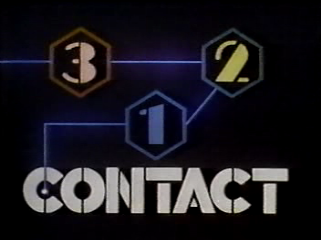
I’m trying to do a 3-2-1 but instead I’m doing a 4-3-0. Original is on SSD with scheduled backups to two separate HDs so that I have 3 copies on two different media (if SSD + HD counts as distinct enough) so then I added in BDR as an infrequent 4th manual copy for my most irreplaceable data (and I’m very strict with what counts as irreplaceable so that the total is just over 100GB at this point). Eventually I need to get a copy of the disks off site but for now they are in the basement.
I have no illusions about how long the BDRs will last. (Seems like it is anywhere between 100 days and 100 years).My aim is to just have another copy that is distinct from magnetic or flash storage. My plan is to burn new updated copies so that any data on an old disk will get burned to a newer disk at some point. Maybe in ten years I’ll abandon this approach but for now it makes me feel better.
You really should have offsite backup as well. If your home catches on fire, everything will be lost. That can be as simple as taking those BDRs to a friend’s house.
Cloud storage is relatively cheap if you limit your storage. You can get 1TB for $6/month from B2, and I think it scales down as well (e.g. 100GB should be $0.60/month).
How am I supposed to back up a 100TB NAS, though?
By spending money. 100T is a quite a lot of data and big data sets cost money to properly maintain.
A NAS is supposed to be redundant. You can use offline HDDs as NAS backup.
Checkout AWS S3 “Deep Glacier Archive”. It’s perfect for data you only “read” in recovery events, since you have to wait up to 12 hours to retrieve the data. I backup my Plex this way.
Based on their 100T of data the .00099 per GB pricing will have them spending $99 a month, or $1200 a year, for backup.
Yup, that’s why I don’t bother backing up media to places like S3 or B2, I only back up important stuff like family pictures and tax documents. Replacing my DVD or Bluray collection is feasible, it just costs time and money, but I can’t replace pictures and whatnot.
You have to ask yourself if that’s worth it to you.
For me? Yeah, I don’t want to rebuild these datasets.
After a few years, it’d probably be cheaper to get a second NAS and store it at a friend/relative’s place.
I have a few friends that do that too!
It’s okay, in 75 years Japan’s government will still be keeping them alive. That’s why you can still buy floppy discs on Amazon.
Japan just gave up the floppy (officially), but there will still be other legacy users.
Until VERY recently the US nuclear arsenal required 8" floppies. Disks that went out of favor in the early 70s because they can only spin for a few hours before they start to corrupt.
The one that most blew my mind was that my local Walmart only stopped selling blank BetaMax tapes in the mid 00’s. By the time the store was built they weren’t even selling movies on VHS anymore, but the blanks were still worthy of limited shelf space.
Are you sure they were BetaMax and not Betacam SP? Beta SP (as it’s more commonly known) is a high quality format that was still being used by TV stations when I was working them as late as the 2010s. There were a few other later much higher quality formats like ED-Beta.
Also, I believe some camcorders also used Beta formats.
I’m sure camcorders were the reason. But no, they were BetaMax.
Nonsense. Plenty of American businesses still rely on them too.
I still use floppy disks from time to time. There are several USB floppy drives in my shop at work for when the network has issues and we have problems posting G Code to our mills.
Can you elaborate on this American businesses requiring floppy disks?
“Required” might not be the right word, but here’s an article about how the San Fransico Trains are updated via floppies - https://www.wired.com/story/san-francisco-muni-trains-floppy-disks/
In the US at least it’s not about required, but more legacy support. There are still a lot of old systems that work, but use old technology.
Shits crazy I can still buy compact flash cards, and zip cards
I sort of understand still selling CF cards. They were used in high end photo and video equipment until not too long ago, and they have storage space comparable with smaller SD cards and USB drives. Plenty of equipment using CF is still perfectly good and still worth using.
I’ve never heard of a zip card. If you mean the old zip disks (I think the largest was 250MB or so), I can’t imagine any reason someone would ever use one of these. Even new, zip drives were notoriously unreliable and not all that widespread. I had one, and I rarely used it in favor of CD-R or RW.
CF is still used in high-end DSLRs. Like, it’s still the “premium” storage option.
CD burning is still kinda useful for hifi. I wouldn’t use it for data these days.
Iomega ZIP disks. Those things just clicked all day.
Zip disk sounds right I saw one working on a machine when I had to reinstall windows NT off of 3 floppy’s. Then had to replace the hard drive with a compact flash cause I needed it to be 4gb to recognize. Lotta niche things that are still around that work perfectly well if 30 years out of date
Is this just Sony’s own production of consumer writable Blu-ray discs, or is it like, Sony preventing other manufactures from producing them as well?
Just their own. Other manufacturers are fine.
It’s just consumer writeable. Blu-ray movies will be fine, and other companies will be manufacturing consumer writeable Blu-rays as well.
Did anyone ever burn their blu ray discs? There has been so many better options like USB sticks and external hard drives ever since the launch of blu ray.
Blue-Ray Discs are basically the only viable WORM (Write-Once-Read-Many) that is available to normal and small scale professional users. The cheapest alternative, Tandberg RDX is a few hundred bucks per TB. And these are far inferior in terms of protection against outside influences compared to BD media.
And considering that a lot of professional data (e.g. tax reports) are legally required to be saved on WORM in a lot of countries it is indeed an issue, even more so in times of crypto/ransomviruses. None wants to loose their precious baby or wedding photos to a untimely virus. And no, normal Dropbox/OneDrive is no proper backup. And USB drives/external harddrives degrade over time, especially if not used.
Yes, they are the best medium for long term backups, as optical discs should be fine for decades. Hard drives and USB sticks are liable to fail within a few years.
That’s probably true. I just wasn’t aware blu ray had burnable discs until now.
We must cut all options for the end user to own anything, let’em pay subscriptions instead.
In a SONY board meeting, probably.
Different divisions. This is more akin to when Sony decided to stop making floppy disks. The market is there for now, but it’s just not worth it from a financial perspective.
The amount of people burning their own blu rays is minimal. Even the type of people who emphasize owning their own content just use a NAS system.
This is more akin to when Sony decided to stop making floppy disks. The market is there for now, but it’s just not worth it from a financial perspective.
Ironically Japan is just now phasing out floppies, so there’ll still be a market for a while.
A NAS is mostly geared for online media storage, whereas disks are for offline.
That’s just the government though, similar to how a lot of the systems in the US still run on COBOL (including the IRS).
Ironically those who own their own NAS and hoarding data are amongst the more likely to be burning their own Blu-rays
Nah, probably just didn’t sell enough, with USB sticks around and all.
I don’t think I’ve ever seen anyone use the format. CDR saw a lot of use, but who needs bluray nowadays?
This is not as big a deal as you think. Blu-Ray production itself isn’t ending, they just aren’t making any more rewritable Blu-Rays. Most people aren’t going to be burning stuff to Blu-Rays. You’ll still be able to buy Blu-Rays if you want a physical copy of a film.
I mean sure, but Jellyfin and HDDs exist, and are much more convenient than burning a Blu-ray that you have to put in a drive to watch.
Optical disks tend to be used for offline archival storage more than movies (IIRC they’ll still be printing out Blu-Ray movies, just not blanks).
I believe they’ve said that this doesn’t change their production of non-rewritable Blu-rays.
Do you have a source for this? That was my worry tbh.
Just did a quick search and found this headline on a site that I’ve never heard of before. Unfortunately, I forgot where I initially read it, lol
Why are we suddenly selling more NAS grade HDDs?
- Seagate executives
Something tells me the market for media servers is very different than the market for BD-R. The only benefit to having a collection of burned discs over a NAS is that you can let people borrow them. It’s otherwise mostly downsides
If they were cheaper I’d use them for archival purposes. They work well as cold storage.
If you have a Nas… install plex or jellyfin and you can still let them “borrow” it all the same…
Far from a “downside”.
If you have a NAS you might know you should have a backup on different media.
Are we back to trusting Seagate again? Last I knew their spinning rust was t trust worthy. I’ve had 6 drives fail me in the last 2 decades, and all but one or two were Seagate, so I just assume their bad anymore and go with other suppliers.
Seagate does seem to have a higher failure rate, but they are also cheaper. From this article:
The oldest (average age of 92.5 months) hard drive Backblaze tested was a 6TB Seagate (ST6000DX000). Its AFR was 0.11 percent in 2021 and 0.68 percent in 2022. Backblaze said this was “a very respectable number any time, but especially after nearly eight years.”
…
“In general, Seagate drives are less expensive and their failure rates are typically higher in our environment,” Backblaze said. “But, their failure rates are typically not high enough to make them less cost-effective over their lifetime. You could make a good case that for us, many Seagate drive models are just as cost-effective as more expensive drives.”
Their oldest drives are Seagate as well, so that’s saying something.
Whether a drive will be reliable for you is less related to the manufacturer and more related to capacity and luck.
Here’s an anecdote from Reddit:
I’ve had numerous hard drive failures over the years – nothing atypical, I just use lots of drives, and like almost everything else, they have stochastic failures. But between Seagate and WD, the Seagate drives all at least let me know they were going to fail soon, via SMART monitoring, and gave me (just) ample time to get all of my data off of them before completely dying. My WD drives that failed did so instantaneously, without any prior indication of problems.
But this could also be luck, idk. My takeaway is:
- Seagate has a little higher failure rate, which explains why they’re often cheaper
- Seagate may do a good job detecting errors with SMART
- all drives fail and whether one will fail before another is more likely up to luck than any systemic issue by a manufacturer
I genuinely don’t know. Their name was just the first one that came to my mind.
Every drive I’ve had fail, personally or professionally, has been a Seagate drive.
I’ve had both Seagate and WD drives fail. I just think drives fail rather commonly.
Every drive I’ve had failed was WD. My Seagates have been mostly fine
I got mine in November
Recommendations?
I’ve put together a RAID 1 of these and some 860 Evo QLC Hard to say if they’ll last as long as BD but you can’t beat the capacity
https://visiontek.com/products/visiontek-tlc-7mm-2-5-ssd-sata-enterprise
Eh, I doubt many people are burning their own Blu-ray discs - this does not apply to discs you buy that already have films on, those are manufactured differently, and are still being made.
But even if you do archive your personal data onto Blu-ray discs, there are still other manufacturers besides Sony.
This really isn’t a big deal.
This really isn’t a big deal.
Sure. One tiny bit at a time…
Who still burns discs (outside of retro gamers) in 2024, let alone Blu-Rays? They aren’t killing the whole format.
Really though, who burns Blu rays. Yes I’m sure there’s a handful of people out there doing it but I don’t know anyone who’s still burning discs in 2024. Storage space is large and cheap now and way less hassle than discs. Companies as big as Sony can’t keep producing products for a tiny market it just doesn’t make sense.
Yup. I use a NAS to not have to deal with disks. I’d rather buy a couple more drives than have to store even more stuff at home.
deleted by creator
What does a movie company not producing movies on discs have to do with ending production of rewrite-able discs?
deleted by creator


